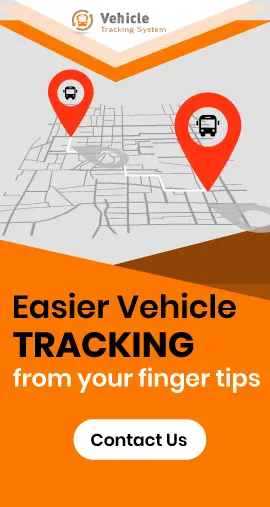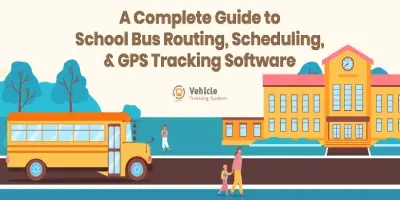How Vehicle Tracking Systems Help in Reducing Delivery Costs
November 20th, 2017
Indeed, delivery costs affect the overall expenses of a fleet business. While transporting goods across long distance, you will notice that the last mile cost has a significant role in estimating the overall delivery costs.
Moreover, there are other factors such as excessive vehicle idling, wastage of productive hours due to unloading of cargo, Hours of Service (HOS) reset periods and other related issues.
Nevertheless, in accordance to the report submitted by the professionals in the Council of Supply Chain Management, it was established that around 28 percent of the transportation costs occur in the last mile.
Hence, when you beat these last mile delivery costs, you will be able to curtail or save the delivery costs. However, the installation of GPS vehicle tracking system can be an excellent solution to reduce a significant amount of delivery costs.
Let’s check out how the vehicle tracking system reduces delivery costs:
1. Optimizing routes for last miles
Of course, it is troublesome to handle today’s traffic, whether it’s the first mile or the last mile. That is why, long distance deliveries utilize trucks, vans, and other vehicle so that the majority of the distance can be covered without a hurdle on the way.
With the support of a GPS fleet tracking system, you will be able to optimize the delivery routes and select the roads, which minimize the fuel utilization. At the same time, it can also prevent the fuel wastage caused by vehicle idling in traffic, or opting complex routes.
Furthermore, a tracking system recognizes the roads with heavy traffic and determines the alternative route or parallel routes that assists you to reach the destination at the right time.
On the basis of improved route plans, you will be able to schedule your fleet efficiently, reduce the amount of fuel burned due to vehicle idling, finish the deliveries on-time, and lower the overall last mile costs accordingly.
2. Enhancing adherence to delivery schedule
As a matter of fact, it is an ardent task to monitor whether the drivers are utilizing their time effectively or not.
With the utilization of a GPS tracking system, you will be able to view the routes chosen by the drivers, their adherence to the scheduled route, how safely they are driving the vehicle, and whether they are strictly following the schedule or not.
By utilizing the data obtained from a GPS tracker, you will be able to handle assets properly and eliminate the unacceptable driving behavior before it becomes a habit.
3. Lowering the chance for failed deliveries
This is an enormous issue in the B2C deliveries when compared to B2B deliveries. At times, the recipient of the delivery will be absent and hence due to the lack of signature of the recipient, the product delivery becomes an utter failure.
Implementation of a GPS vehicle tracking system assists you to prevent failed deliveries and disputes. Preventing the failed deliveries is a two-step process – firstly, you should confirm the hours in which the recipient is available for accepting the delivery.
Secondly, with the data gathered, GPS trackers allow you to determine the route that assists you to reach the destination at the right time.
As a matter of fact, the GPS route planning software permits you to alter the existing route if a crucial consignment is at the risk of being missed due to an unexpected traffic block. As a result, you will be able to evade the chance of penalties due to a failed delivery.
Of course, the GPS tracking system provides an immense support for curtailing the last mile delivery costs. Apart from that, the tracking system assists you to avoid the failure of a delivery, especially with the route planning facility.

